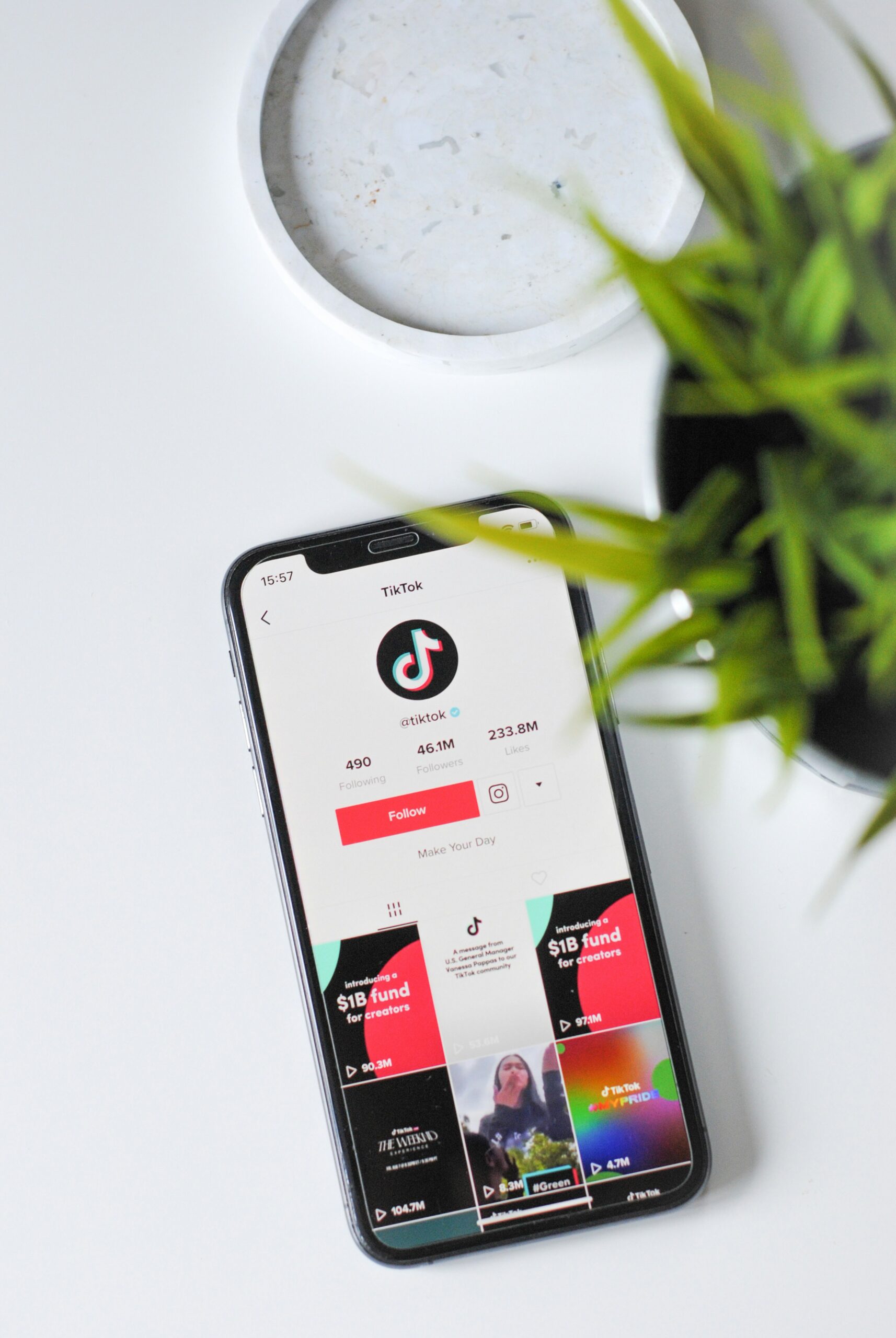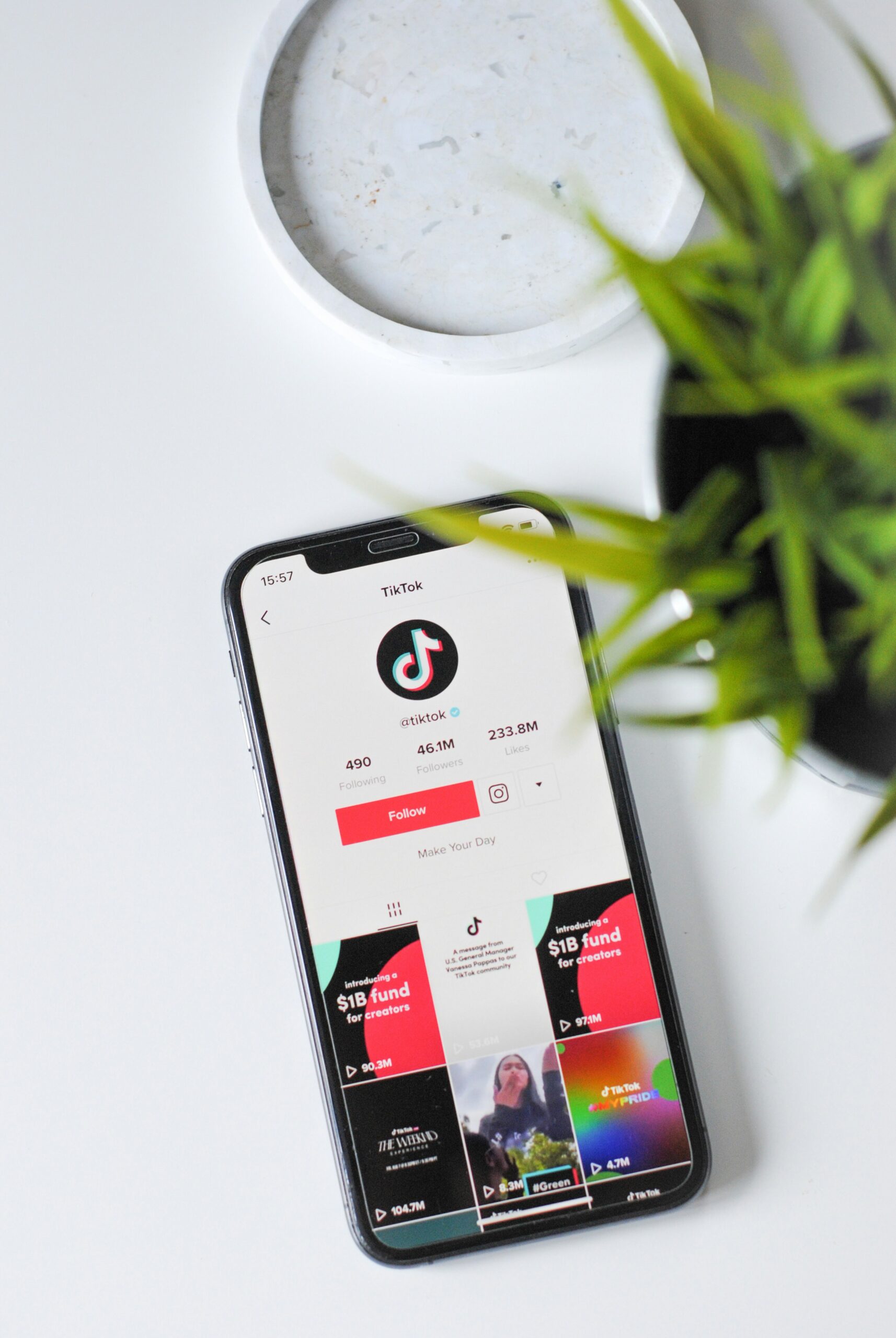
Advanced Facebook Marketing Techniques for Experienced Marketers
Introduction to Advanced Facebook Marketing
In the ever-evolving landscape of digital marketing, staying ahead of the competition requires more than just a basic understanding of social media platforms. Experienced marketers must delve into advanced Facebook marketing techniques to achieve substantial growth and stay relevant. These sophisticated strategies are pivotal in optimizing marketing efforts, enhancing return on investment (ROI), and maintaining a competitive edge in the market.
The significance of advanced Facebook marketing lies in its ability to provide detailed insights and targeted approaches, allowing marketers to fine-tune their campaigns with precision. As Facebook continuously updates its algorithms and introduces new features, leveraging these changes can lead to more effective audience engagement and higher conversion rates. Advanced techniques such as custom audience segmentation, leveraging Facebook Pixel, and utilizing advanced analytics are essential for maximizing the potential of marketing efforts.
For experienced marketers, a fundamental grasp of Facebook’s core functions is assumed. However, to fully harness the power of advanced marketing strategies, a deeper understanding of Facebook’s data analytics, advertising tools, and algorithmic behavior is required. Familiarity with Facebook Ads Manager, Business Suite, and other associated tools is a prerequisite. Moreover, staying updated with the latest trends and updates in the digital marketing realm is crucial to effectively implement these advanced techniques.
This blog post aims to equip experienced marketers with the knowledge and tools necessary to excel in Facebook marketing. By exploring advanced strategies, marketers can refine their approach, ensuring that their campaigns are not only effective but also adaptable to the dynamic nature of social media marketing. Whether it’s through enhanced audience targeting, sophisticated ad placements, or in-depth performance analysis, these advanced techniques can significantly contribute to achieving marketing objectives and driving business growth.
Utilizing Facebook Pixel for Enhanced Tracking
Facebook Pixel is an invaluable tool for experienced marketers aiming to maximize the effectiveness of their advertising campaigns. By embedding a small piece of code into your website, Facebook Pixel allows you to track user actions and gather critical data to refine your marketing strategies. Setting up Facebook Pixel is straightforward: navigate to the Events Manager in your Facebook Ads account, create a new Pixel, and follow the provided instructions to install the code on your website. Once installed, Facebook Pixel begins tracking a variety of user actions, known as “events.”
Configuring events is the next crucial step. Events can range from standard actions like page views, purchases, and form submissions, to custom events tailored specifically to your business goals. By configuring these events, you can gather detailed insights into user behavior, enabling you to make data-driven decisions. For instance, if you notice that users frequently abandon their shopping carts, you can implement retargeting ads to encourage them to complete their purchases.
The data collected by Facebook Pixel is not just for tracking; it also plays a pivotal role in optimizing your advertising efforts. One of the most powerful applications of Pixel data is the creation of custom audiences. Custom audiences are groups of users who have already interacted with your website in specific ways, such as visiting a particular page or making a purchase. By targeting these high-intent users with tailored ads, you can significantly improve your conversion rates.
Additionally, Facebook Pixel allows you to create lookalike audiences. Lookalike audiences are new users who share similar characteristics with your existing customers. By leveraging Pixel data to define the traits of your best customers, Facebook’s algorithm can identify and target new users who are likely to be interested in your offerings. This approach not only broadens your reach but also ensures that your ads are shown to the most relevant audience, thereby enhancing the overall efficiency of your marketing strategy.
“`html
Advanced Audience Targeting Techniques
In the realm of advanced Facebook marketing, mastering sophisticated audience targeting methods is critical for achieving optimal results. Leveraging custom audiences is a fundamental technique that allows marketers to target users based on their interactions with your business. By uploading customer data, engaging website visitors, and app users, you can reach individuals who have already expressed interest in your brand.
Lookalike audiences take this a step further by enabling you to find new potential customers who resemble your best existing customers. Facebook’s algorithm analyzes the profiles in your custom audience to find similar users, expanding your reach while maintaining relevance. This technique is particularly effective for scaling your campaigns without losing precision in targeting.
Detailed targeting options on Facebook offer another layer of granularity. These options allow you to target users based on demographics, interests, behaviors, and more. By combining multiple targeting criteria, you can create highly specific audience segments. For example, targeting users who are interested in both “fitness” and “healthy eating” can help you reach a niche audience more likely to engage with your health-related products or services.
Utilizing Facebook’s audience insights tool is crucial for understanding audience behavior and preferences. This tool provides valuable data on your audience’s demographics, page likes, location, and activity, among other metrics. By analyzing these insights, you can refine your targeting strategies and create content that resonates with your audience’s interests and behaviors.
Segmentation is another key strategy for delivering personalized ad experiences. By segmenting your audience based on various criteria, such as purchase history or engagement level, you can tailor your ads to different user groups. Personalized ads are more likely to capture attention and drive conversions, as they address the specific needs and preferences of each segment.
In conclusion, advanced audience targeting techniques on Facebook enable marketers to reach the right people with the right message. By leveraging custom and lookalike audiences, detailed targeting options, audience insights, and segmentation, you can enhance the effectiveness of your campaigns and achieve better marketing outcomes.
“`
Harnessing the Power of Facebook’s Ad Manager
Facebook’s Ad Manager is an indispensable tool for experienced marketers looking to optimize their advertising campaigns. Advanced features within Ad Manager provide nuanced control and insights, empowering you to elevate your ad performance significantly.
One of the standout features is A/B testing, or split testing, which allows you to compare different versions of your ads to determine which one performs better. This can include variations in ad copy, visuals, audience targeting, and placement. By systematically testing these variables, you can refine your campaigns to maximize engagement and conversion rates.
Optimizing ad placements is another critical aspect that can drive substantial improvements. Facebook offers multiple placement options, such as the news feed, stories, and the right-hand column. Through Ad Manager, you can allocate your budget dynamically across these placements based on performance data, ensuring your ads appear where they are most effective.
Ad scheduling is a feature that allows you to control when your ads are shown. By analyzing your audience’s activity patterns, you can schedule your ads to run during peak times when your target demographic is most active. This not only enhances visibility but also improves the cost-efficiency of your campaigns.
Understanding intricate metrics is pivotal for performance analysis. Facebook’s Ad Manager provides detailed insights into metrics such as click-through rates (CTR), cost per click (CPC), and conversion rates. By diving deep into these metrics, you can identify trends and make informed decisions to optimize your ad spend.
Effective campaign management and scaling are essential for sustained success. Utilize features like automated rules to manage your campaigns more efficiently. For instance, you can set rules to increase the budget for high-performing ads or pause underperforming ones automatically. This ensures that your ad spend is always optimized for the best possible results.
By leveraging these advanced features and tools within Facebook’s Ad Manager, experienced marketers can fine-tune their strategies, driving better outcomes and achieving greater returns on investment.
Creating Engaging and High-Performing Ad Content
Crafting compelling ad content on Facebook is essential for experienced marketers aiming to elevate their campaigns. Advanced strategies focus on engaging visuals, captivating copy, and the strategic use of video content. These elements work together to create a cohesive and impactful narrative that resonates with the target audience.
Best practices for creating engaging ad visuals include using high-quality images and videos that are relevant to the product or service being promoted. Visuals should be eye-catching and designed to grab attention quickly as users scroll through their feeds. Incorporating brand elements such as logos and consistent color schemes can help in building brand recognition. Additionally, using images or videos featuring people, particularly those that evoke emotions, has been shown to increase engagement rates.
Equally important is the ad copy. It should be concise, clear, and compelling, with a strong call to action that prompts users to engage. Experienced marketers understand the power of storytelling in ad copy. By weaving a narrative that connects emotionally with the audience, marketers can create a more memorable and impactful message. This approach can be particularly effective when combined with video content, which allows for a richer storytelling experience.
Video content plays a critical role in advanced Facebook marketing. With the rise of video consumption on social media platforms, utilizing video in ads can significantly boost engagement. Marketers should focus on creating short, engaging videos that convey the core message quickly. Leveraging features like captions can also improve accessibility and ensure the message is delivered even when the sound is off.
Dynamic ads offer another layer of sophistication by personalizing content based on user behavior. By utilizing data on users’ interactions with previous ads or website visits, dynamic ads can tailor content to individual preferences, increasing the likelihood of conversions. This personalized approach not only enhances user experience but also maximizes the efficiency of ad spend.
In summary, creating high-performing ad content on Facebook requires a combination of engaging visuals, compelling copy, and strategic use of video and dynamic ads. By focusing on these advanced techniques, experienced marketers can effectively capture their audience’s attention and drive better results from their campaigns.
Leveraging Facebook Analytics for Data-Driven Decisions
Facebook Analytics is a powerful tool that enables marketers to make informed decisions based on data. Setting up Facebook Analytics is the first step toward harnessing its full potential. Begin by ensuring your Facebook Pixel is correctly installed on your website. This pixel will collect data on user interactions, providing invaluable insights into customer behavior.
Once your analytics dashboard is set up, you can navigate through various metrics and reports. Key Performance Indicators (KPIs) should be your primary focus. KPIs such as reach, engagement, conversion rates, and customer retention are crucial for evaluating the effectiveness of your marketing strategies. By tracking these indicators, you can identify what is working and what needs improvement.
Interpreting the data collected is essential for optimizing your marketing efforts. For instance, examine user demographics to understand who your audience is. Analyze engagement metrics to determine which types of content resonate most with your audience. This information can guide content creation, ensuring it aligns with audience preferences and behaviors.
Facebook Analytics also allows you to measure the effectiveness of your campaigns. By comparing the performance of different campaigns, you can identify which strategies yield the best results. For example, if one ad set has a higher conversion rate than another, you can allocate more resources to the successful ad set. Additionally, A/B testing can be conducted to compare variations of ads, landing pages, or call-to-action buttons, enabling you to make data-driven adjustments.
Ultimately, leveraging Facebook Analytics for data-driven decisions empowers marketers to refine their strategies continually. By regularly monitoring and interpreting analytics data, you can make informed adjustments to optimize the performance of your marketing campaigns, ensuring they achieve the desired outcomes effectively.
Implementing Retargeting Strategies
Advanced retargeting techniques are critical for re-engaging users who have interacted with your brand but have yet to convert. One of the most effective ways to implement these techniques is through the use of Facebook Pixel. This tool allows you to track user interactions on your website and gather valuable data, enabling the creation of targeted retargeting campaigns.
To begin, ensure that the Facebook Pixel is properly installed on your website. This involves placing a piece of code on your site that tracks visitor actions, such as page views, registrations, and purchases. Once installed, you can start building retargeting audiences based on user behaviors. For instance, you can create segments for users who visited specific pages, added items to their cart but did not complete the purchase, or engaged with certain content.
Creating retargeting audiences is just the first step. The next is crafting personalized ad messages that resonate with these specific segments. Tailor your ad copy and visuals to address the needs and behaviors of each audience. For example, if a user abandoned their cart, an ad offering a discount or reminder of the items left behind can be highly effective. Personalization increases the relevance of your ads, thereby improving engagement rates.
Integrating retargeting with other marketing channels can amplify your results. Use email marketing to complement your Facebook retargeting efforts. Send follow-up emails to users who have seen your retargeting ads but haven’t yet converted. Additionally, consider using SMS or push notifications for a multi-channel approach that keeps your brand top-of-mind.
By leveraging advanced retargeting techniques, setting up precise retargeting campaigns with Facebook Pixel, and crafting personalized ad messages, you can significantly enhance your marketing efforts. Combining these strategies with other marketing channels ensures a holistic approach, maximizing your chances of re-engaging and converting potential customers.
Staying Updated with Facebook Marketing Trends
In the dynamic landscape of Facebook marketing, staying current with the latest trends and updates is paramount for any experienced marketer. The platform is continually evolving, introducing new features and algorithms that can significantly impact marketing strategies. To maintain a competitive edge, marketers must proactively seek out and integrate the latest insights into their campaigns.
One effective way to stay informed is by following industry-leading blogs and publications. Websites like Social Media Examiner, HubSpot, and AdEspresso regularly publish articles and case studies that delve into the latest Facebook marketing trends. Subscribing to their newsletters ensures that you receive timely updates and expert analyses directly in your inbox.
Attending webinars and online conferences can also provide valuable information and networking opportunities. These events often feature industry experts who share their knowledge on emerging trends, best practices, and advanced strategies. Platforms such as Eventbrite and LinkedIn frequently list relevant webinars that can help you stay ahead in the Facebook marketing game.
Participating in online communities is another excellent way to keep up with the latest developments. Joining Facebook Groups, LinkedIn Groups, or forums like Reddit’s social media marketing community can facilitate discussions with like-minded professionals. These communities are often buzzing with real-time updates and practical advice that can enhance your marketing efforts.
Emerging trends in Facebook marketing include the increasing importance of video content, the rise of augmented reality (AR) ads, and the growing influence of social commerce. Marketers should consider incorporating more video content into their strategies, as it tends to engage users more effectively. Experimenting with AR ads can create immersive experiences that captivate audiences. Additionally, leveraging Facebook’s shopping features can streamline the path to purchase, driving higher conversion rates.
Adapting to these trends requires a flexible and forward-thinking approach. By staying informed and agile, marketers can continuously refine their strategies, ensuring they remain effective in the ever-changing world of Facebook marketing.


